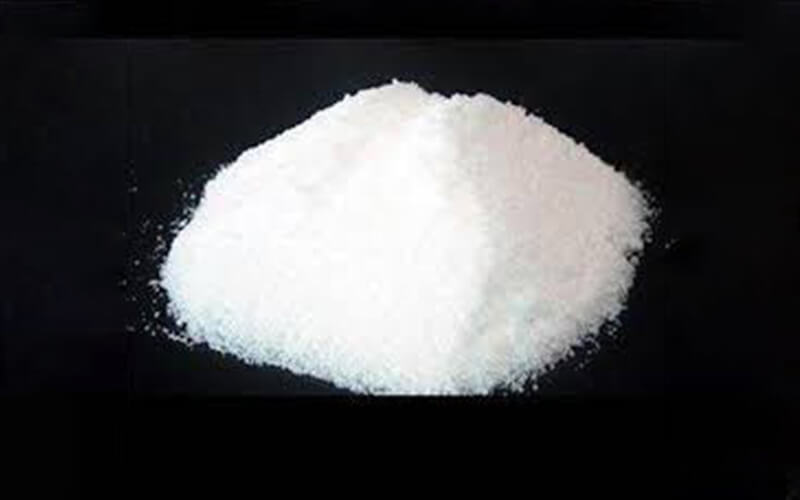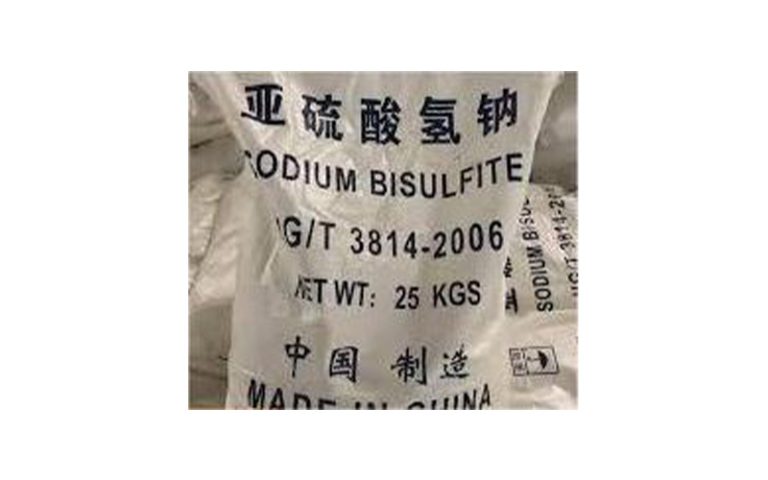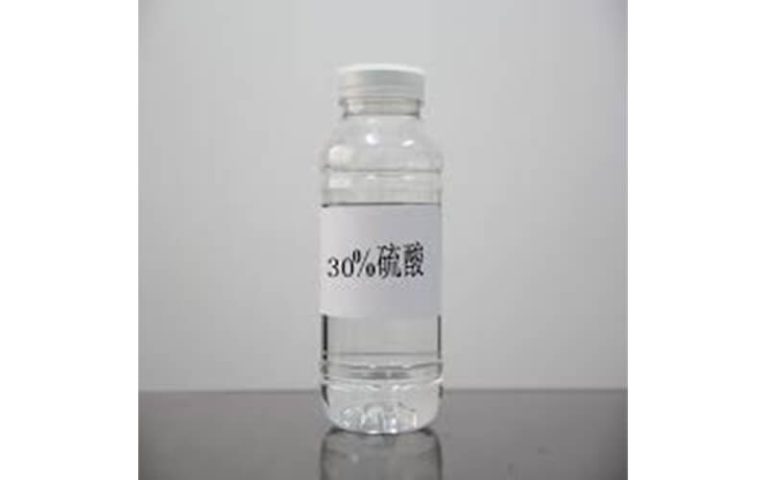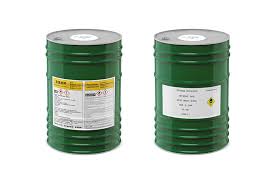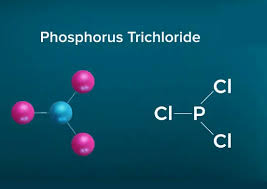sodium sulfate anhydrous
Sodium Sulfate Anhydrous: Properties, Uses, and Industrial Importance
Sodium sulfate anhydrous, also known by its chemical formula Na₂SO₄, is a versatile compound with widespread applications. From manufacturing household detergents to acting as a drying agent in laboratories, it plays a key role across industries. Its stable, water-free form makes it reliable for use in chemical processes. Whether you’re exploring its properties or its industrial significance, this compound is a cornerstone of modern chemistry and production.
Understanding Sodium Sulfate Anhydrous
Sodium sulfate anhydrous plays a crucial role in various industries, offering utility due to its stable and non-hydrated composition. Here, we dive into its chemical makeup, differences from hydrated variants, and notable properties to understand why it’s so widely used.
Chemical Formula and Structure
Sodium sulfate anhydrous is represented by the molecular formula Na₂SO₄. It is a white crystalline solid, often appearing as a fine powder or larger, granular crystals depending on its preparation process. Its crystalline form is orthorhombic, providing stability under a range of conditions.
This compound is derived by removing water molecules, ensuring its anhydrous (water-free) nature. To learn more about its detailed structural properties, check out this comprehensive resource on Sodium Sulfate.
Hydrated vs. Anhydrous Forms
Sodium sulfate exists in both hydrated and anhydrous forms, with the key difference being water content. The most familiar hydrated version is sodium sulfate decahydrate, also known as Glauber’s salt, which contains ten water molecules (Na₂SO₄·10H₂O). In contrast, the anhydrous form is entirely devoid of water molecules, making it a better option for applications requiring dryness.
The absence of water in the anhydrous form enhances its efficiency in industrial processes like drying agents and chemical synthesis. Learn more about how it compares to its hydrated counterpart here.
Physical and Chemical Properties
Sodium sulfate anhydrous exhibits some fascinating characteristics that make it indispensable in chemical and industrial applications:
- Melting Point: It melts at a high temperature of 884°C, allowing use in heat-resistant applications.
- Solubility: It dissolves readily in water, forming a neutral electrolyte solution. Its solubility increases as the temperature rises.
- Hygroscopic Nature: Although water-free, the compound can absorb moisture from the air, making it slightly hygroscopic under humid conditions.
Its stable form and ability to withstand heat and moisture variations make it vital in everything from detergents to glass manufacturing. For a deeper dive into its physical properties, check out this detailed resource.
By understanding sodium sulfate anhydrous at this level, we can appreciate its diverse applications and why it remains a staple in modern industries.
Applications of Sodium Sulfate Anhydrous
Sodium sulfate anhydrous serves as a cornerstone in various industries, thanks to its unique ability to function as both a chemical facilitator and an industrial asset. Whether it’s drying delicate solvents in labs or playing a crucial role in large-scale manufacturing, its versatility is unmatched. Below, we explore its most notable applications.
Use as a Drying Agent
One of the most common uses of sodium sulfate anhydrous is as a drying agent in laboratory settings. Its hygroscopic properties allow it to absorb water from organic solvents, leaving them dry for chemical reactions or analytical purposes. Unlike other drying agents, sodium sulfate anhydrous is easy to handle, non-toxic, and works well with mildly wet solutions. Typically, it’s added to the solvent and allowed some time to bind with water, ensuring the liquid reaches a higher level of purity. For more insight into how this compound is used in drying, check out this guide on drying agents.
Industrial Applications
Sodium sulfate anhydrous stands out in industry thanks to its cost-efficiency and adaptability. Its main uses include:
- Glassmaking: As a fluxing agent, it helps remove tiny air bubbles from molten glass, resulting in clear and smooth products.
- Detergent Production: It acts as a filler and flow agent in powdered detergents, helping manufacturers maintain consistent quality while keeping costs low.
- Textile Processing: In the textile industry, it’s used to level out dye absorption on fibers, improving fabric appearance.
Industrial demand is proof of its significance in manufacturing processes, as highlighted in this resource on industrial uses of sodium sulfate anhydrous.
Role in the Kraft Process
In paper production, the Kraft process relies heavily on sodium sulfate anhydrous. It is a key component in generating sodium sulfide, critical for pulp production. This compound creates the chemical environment needed to break down wood into paper pulp while preserving the integrity of cellulose fibers. The process recycles sodium sulfate anhydrous, making it not only essential but also environmentally resourceful.
Use in Heat Storage and Minor Applications
Sodium sulfate anhydrous plays a lesser-known but equally effective role in:
- Heat Storage: It’s used in thermal storage systems due to its ability to retain and release heat efficiently.
- Defrosting Agent: Its low freezing point makes it an excellent option for preventing ice buildup in various systems.
- Starch Production: It’s employed as a processing agent to modify and improve starch consistency and quality.
These seemingly small-scale uses highlight the compound’s extensive range of capabilities. It’s a testament to its value not only in major industries but also in niche applications.
